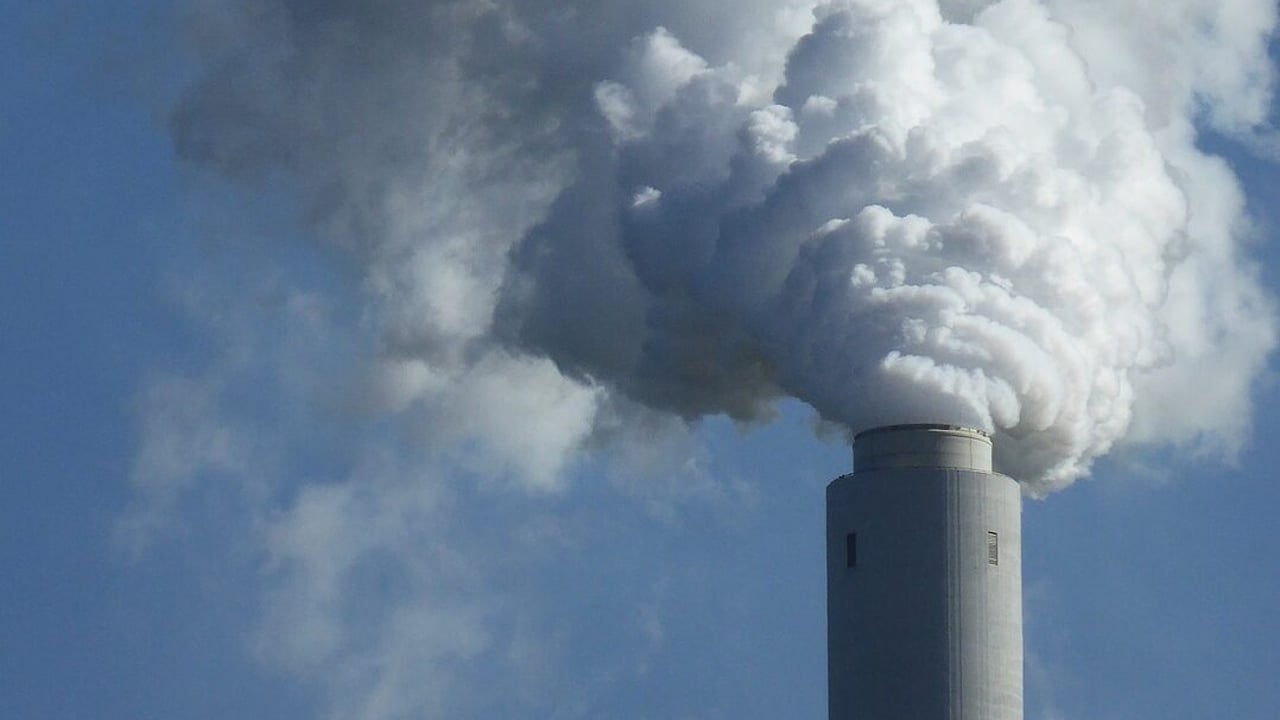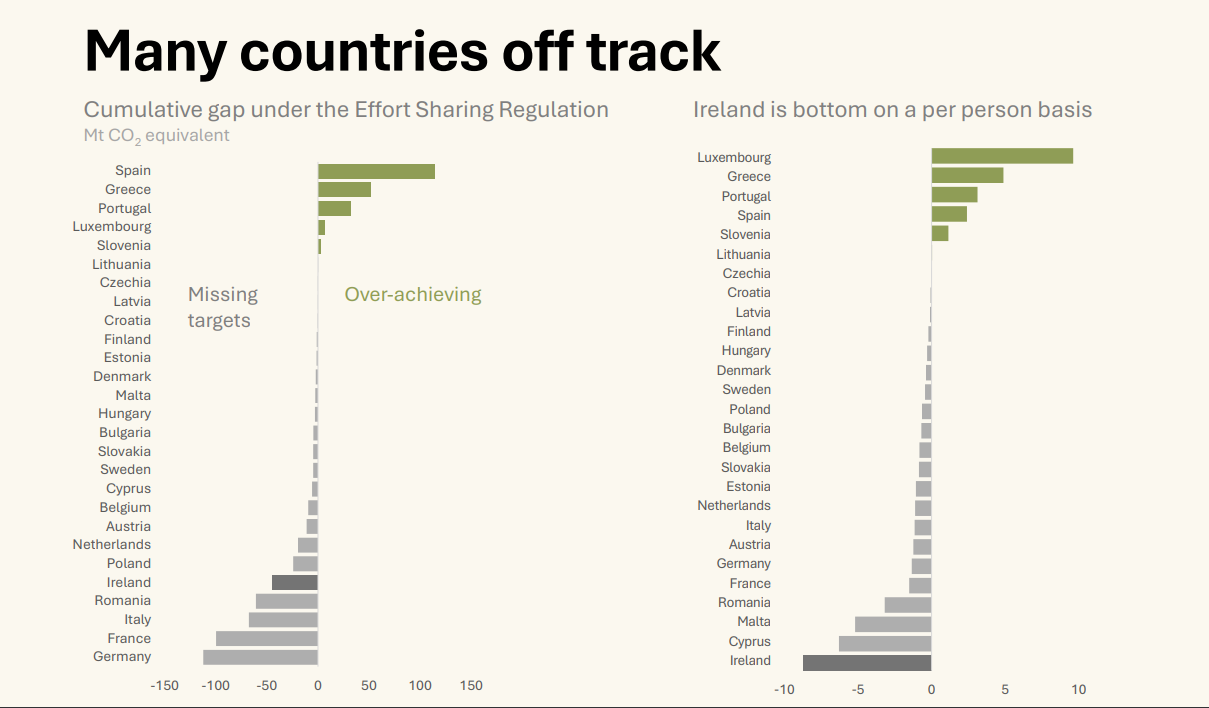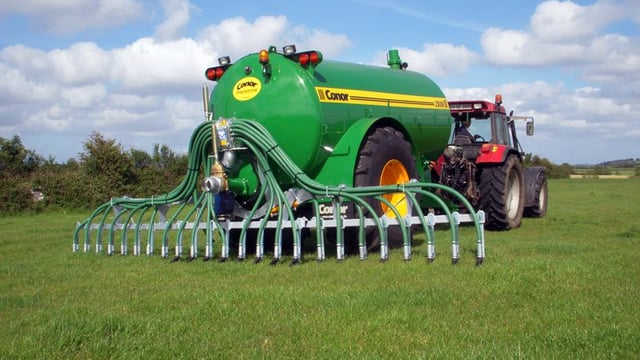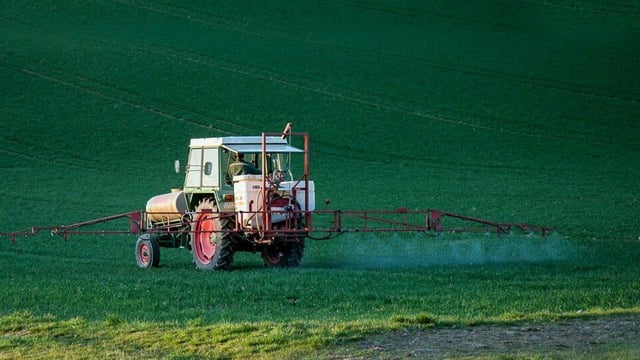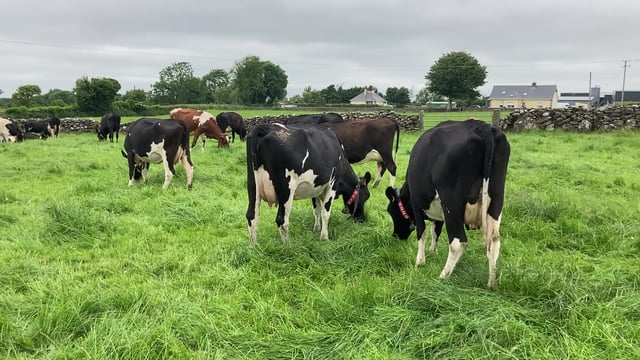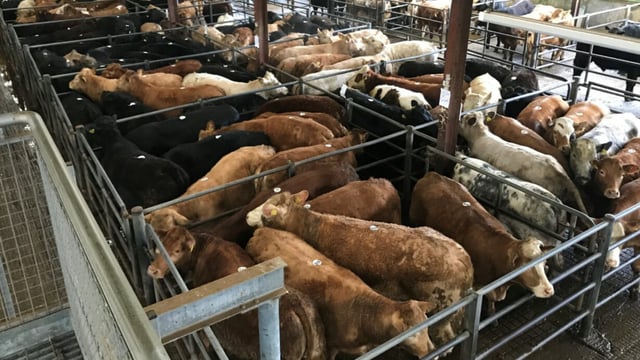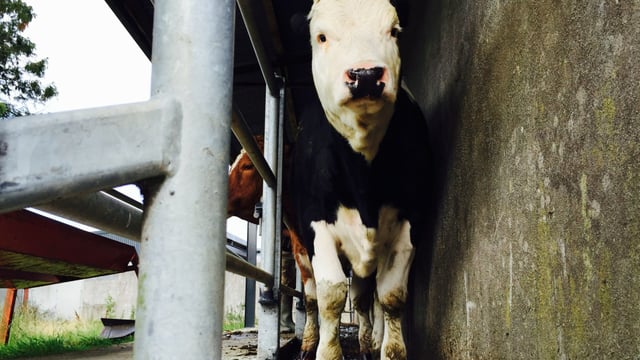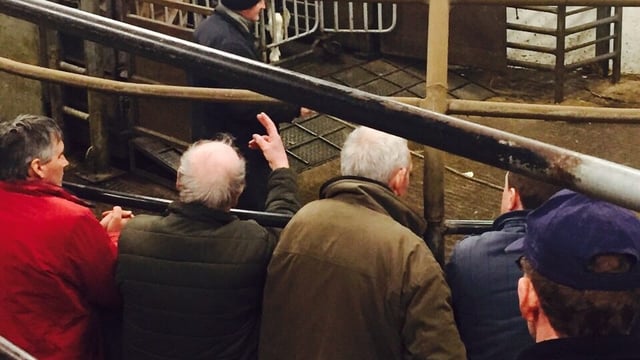Ireland facing EU fines of up to €26 billion if climate targets missed
Ireland is facing "staggering payments" of between €8 and €26 billion to other European Union member states if climate targets are missed.
That is the stark warning contained in a new joint report from the Irish Fiscal Advisory Council and Climate Change Advisory Council (CCAC).
The report, ‘A colossal missed opportunity', sets out potential costs for Ireland from missing agreed EU targets.
If Ireland fails to comply with its EU requirements, the size of potential costs depend on how close it gets to meeting each of its targets.
If the government follows through on the Climate Action Plan by 2030, this would reduce potential costs by more than half, to between €3 and €12 billion.
However, the report warned that the plan is not being delivered at the scale or the speed required.
Missing targets is already costing Ireland. In the past four years, Ireland has lost out on €500 million of potential revenue from carbon credits it was entitled to sell, according to the report.
Ireland has the highest per capita emissions gap in the EU at 8.7t of carbon dioxide (CO2) emissions per capita.
If Ireland fails to meet its targets with its agreed commitments, it will have to purchase carbon credits from member states who have exceeded their emissions reduction requirements.
The price of the credits is yet to be determined between member states.
As things stand, the report said that there will be more countries missing targets than achieving them across the EU, meaning that there will probably be a shortage of credits to go around.
Climate
In order to avoid paying "colossal costs" in the years ahead, the report highlights three key actions the government should focus on.
These include upgrading Ireland’s energy grid, speeding up the roll out of electric vehicles (EVs), and supporting changes in farming practices.
The report states that these measures would cost just one-tenth of capital spending planned by the government out to 2030.
"Swifter action would do more than just avoid hefty payments and meet Ireland’s agreed commitments. It would transform Ireland to a healthier, more sustainable, and more energy secure society," the report said.
It said that €7 billion should be invested in upgrading the grid, while €4 billion should be used to reduce the cost of 700,000 EVs to under €15,000 and enhance the charging network.
The report states that agriculture makes up half of Ireland's emissions (51%), meaning that the sector "has a major opportunity to help Ireland meet its targets".
Transport accounts for approximately one-quarter of emissions, while residential buildings accounts for one-eighth of emissions.
The report states that €1 billion should be invested by government in supporting forestry and the rewetting of peatlands.
It states that rewetting 80,000ha of peatlands "could deliver massive reductions in emissions at a low cost".
This amount of land is equivalent to the size of all of Bord na Móna’s peatlands.
Teagasc has said that an estimated outlay of €300 million could save a cumulative total of 6.5 megatonnes (MT) CO2 equivalent of emissions by 2030.
Afforestation of 8,000ha and the prevention of deforestation of 500ha per year could cost just €200 million, according to the report.
These measures could mitigate a cumulative total of 0.8MT CO2 equivalent and 1.1MT CO2 equivalent respectively, by 2030.
The report states that kand conservation measures could also be implemented, pointing to the recent acquisition of Ireland’s first marine national park in Co. Kerry.
"These initiatives could be included as part of a broader policy approach that encourages the farming sector to diversify to activities that not only reduce greenhouse gas emissions but that also encourage their capture and storage," the report said.
Actions
Speaking at the launch of the new report, Seamus Coffey, chair of the Irish Fiscal Advisory Council, said:
“This is a clear case of being able to reduce a massive fiscal risk. Ireland can take actions now to offset potential costs down the line.
"It can do so in a way that doesn’t threaten the wider sustainability of the public finances.”Marie Donnelly, chair of the Climate Change Advisory Council added: “While we have made some progress in reducing emissions, our pace of change is not enough to meet our national and EU climate targets.
"The government must take clear and decisive action now to transition to a climate neutral economy.
"It is better to make the investments into Irish households, communities and businesses now, rather than paying significant compliance costs in the years ahead.”

